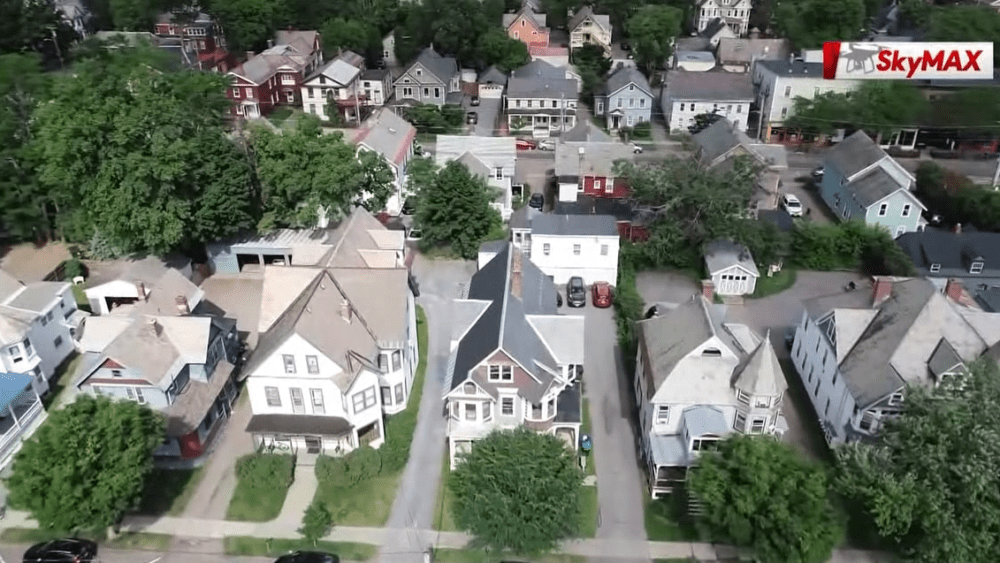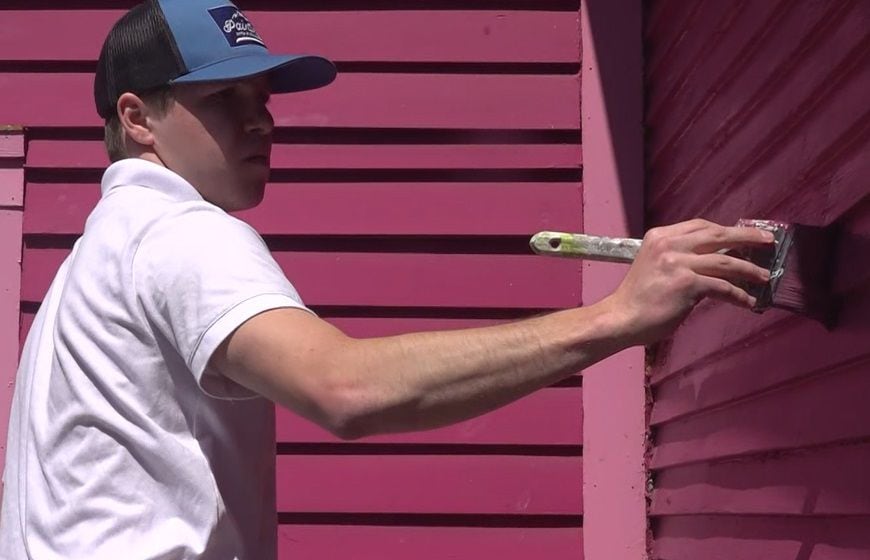BURLINGTON, Vt. (WCAX) – The Vermont League of Cities and Towns says dozens of communities in the state are taking a look at short-term rentals.
Oftentimes, towns need to work to figure out how common short-term rentals (STRs) are before they implement regulations. The town of Dover is in the process of creating safeguards, safety certifications, a registry system, and a point of contact for properties under consideration.
Vermont is home to close to 12,000 short-term rentals as of the end of 2023. This includes rooms, apartments, and whole houses made available to travelers through services like Airbnb. That’s a number 15 times greater than a decade ago, and now makes up a little over 3% of the state’s housing stock.
Dover Economic Development Director Eric Durocher says the resort town has many second homes and rentals. They’re creating guardrails where fire certifications, the number of guests on a property, and a registry system are under consideration.
“We want to see those Airbnbs be able to continue. We just want to make sure that they’re safe, that those owners are accountable for their property,” he said.
Just down the road in Wilmington, the town is looking to reconsider its STR regulations, including approving four-bedroom homes and removing a requirement for an operator to be on site. Town officials say it may be too hard to enforce.
“We need a pathway to get them approved. They’re already here. They aren’t new people coming in. That was one of the deciding factors since the majority of them are three or four bedrooms,” said Wilmington Zoning Administrator Jessica Roberts.
Wilmington and other resort towns have concerns with STRs that fit more people than bedrooms, leading to problems with noise, parking, and septic system overflow.
Ted Brady of the Vermont League of Cities and Towns says municipalities regulate STRs based on local considerations.
“Some are very hands-off, some are very hands-on. Some have the capacity to be hands-off, some don’t have that capacity. Some have the ability to enforce, some don’t,” he said.
Burlington endured a yearslong debate on how to craft an ordinance to allow STRs to operate without worsening the housing crunch by pulling long-term rentals off the market.
Woodstock is in the middle of a 6-month pause on STR permits as they review different issues.
In Rutland Town and Greensboro, regulations have been considered, but aren’t in place.
While Brady supports local control over regulations, he notes a statewide registry would be helpful. Julie Marks of the Short Term Rental Alliance agrees.
“The more we see this municipal patchwork approach and inconsistency from town to town, the more I think our members are actually interested in some state-level regulation that brings that consistency and stability to the market,” said Marks.
Marks notes STRs contributed $48.8 million to the general fund in 2022. Communities can also benefit if they add local taxes. She says towns should not enact limits on STRs without understanding the impacts on the housing market and tourism – something data provides.
“This is a really big question that should not be addressed with restrictive regulation until we have the data to show how and if that is actually true,” said Marks.
A bill that would create a short-term rental registry was introduced to legislators last session, but it still sits in the House. Marks says a rental registry bill has been introduced every year for several years and has yet to be put into law.





